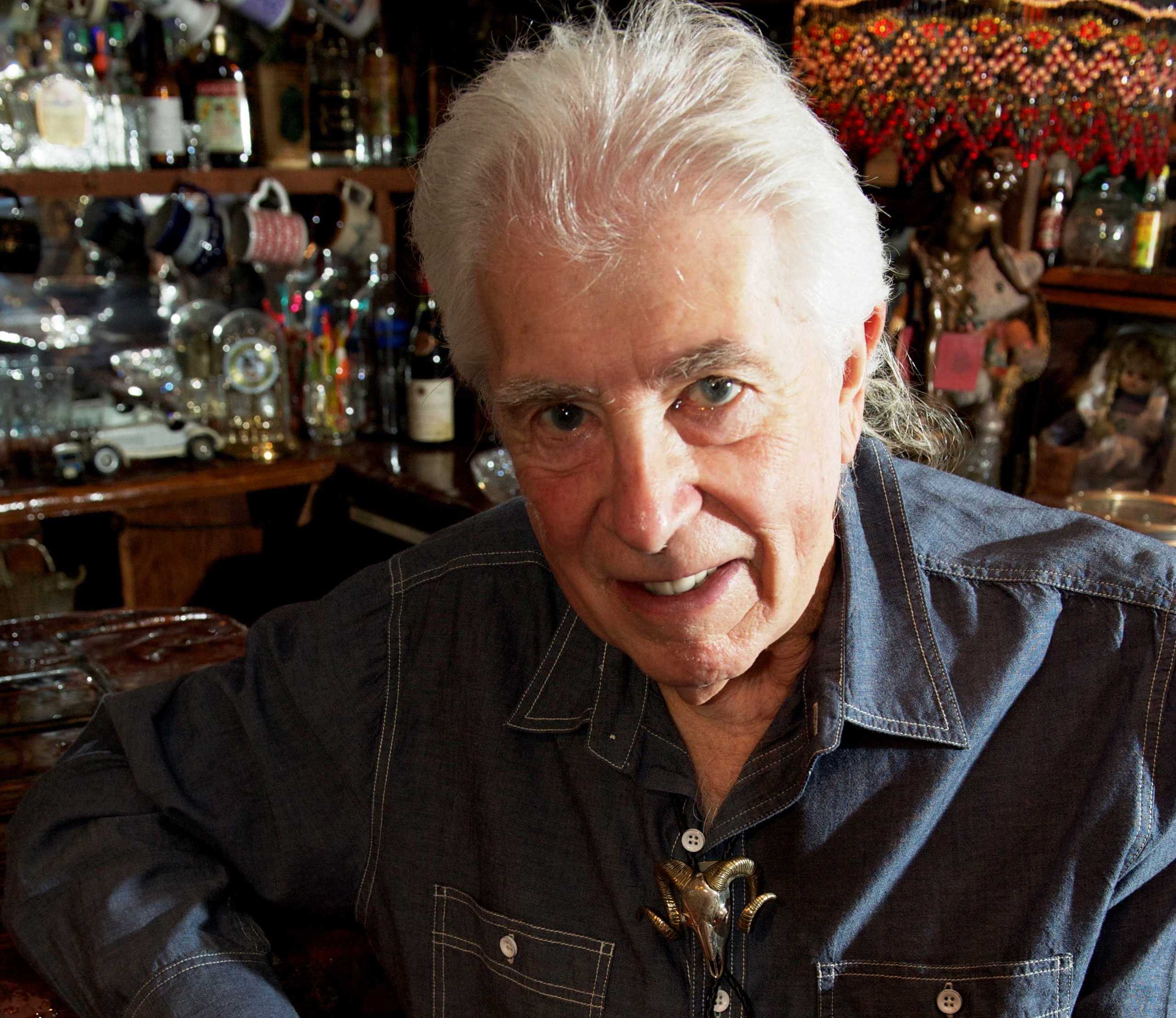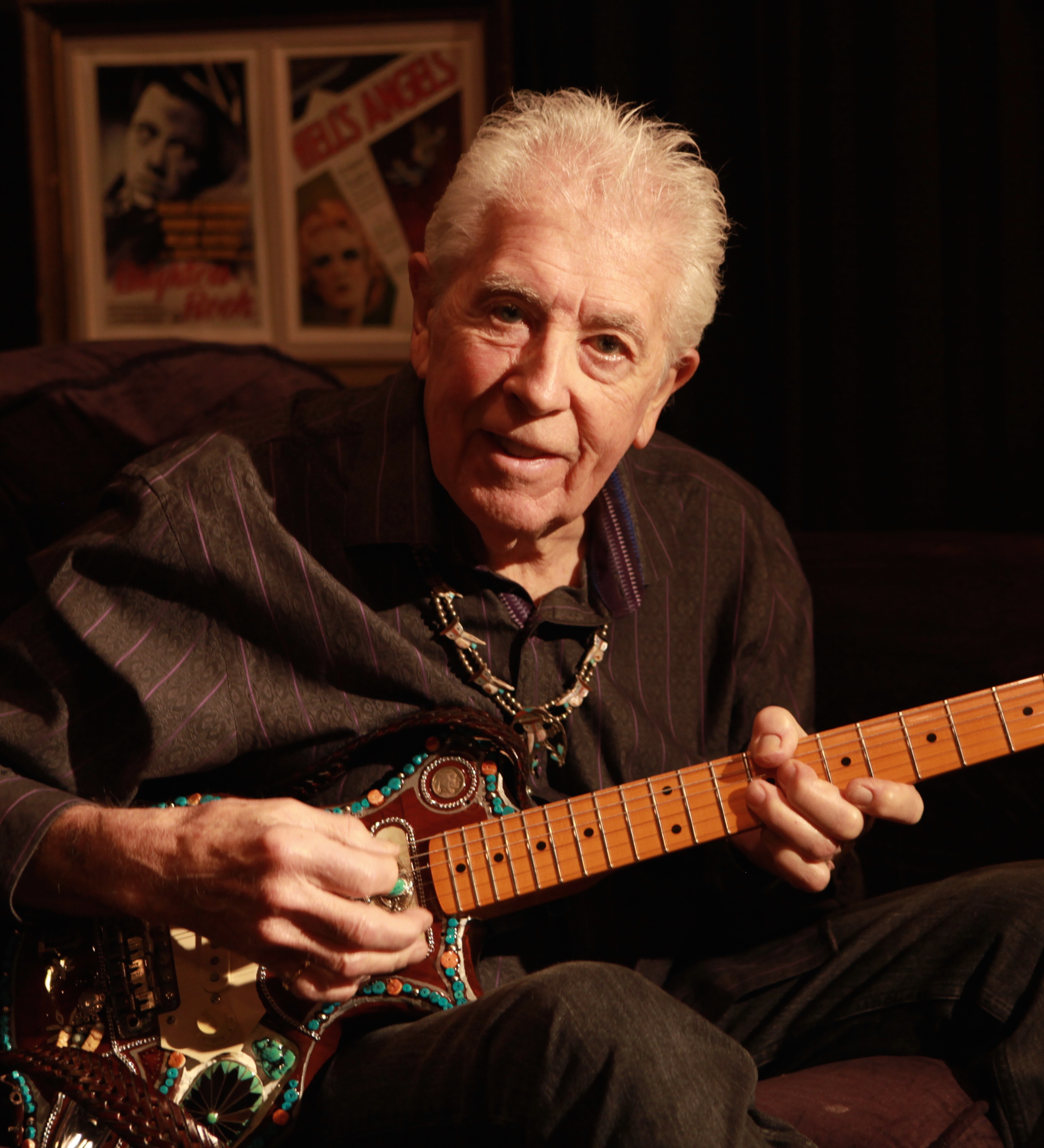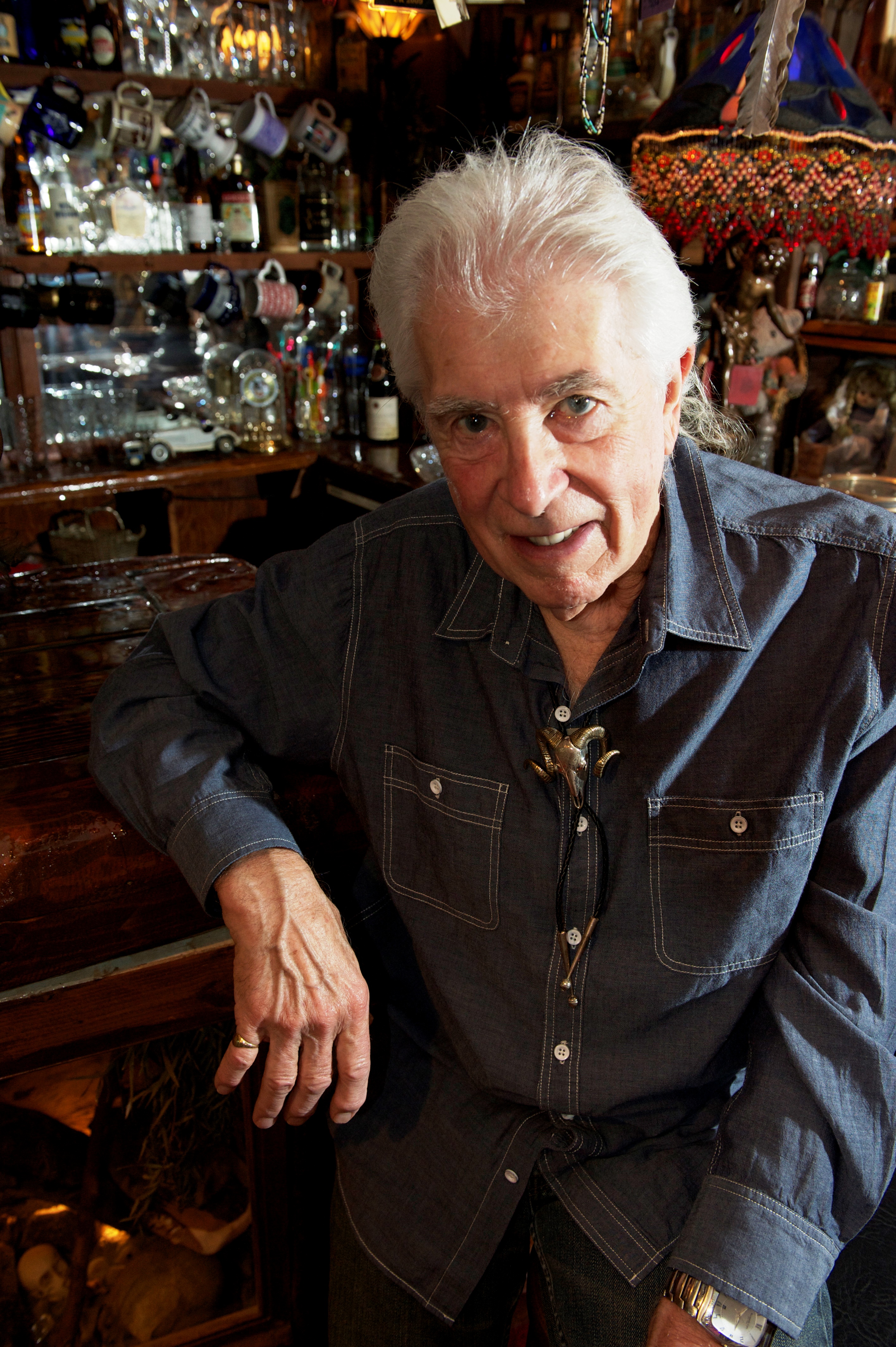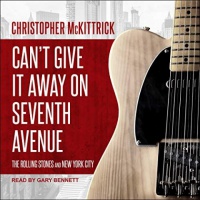Posted September, 2015
 If all I wrote was, “John Mayall is a blues institution,” I would’ve said plenty and it would start a conversation that would last hours. The legendary blues man is, of course, the founder of the UK’s John Mayall and the Blues Breakers. That band, founded in 1960’s, had a stellar group of musicians who went on to become blues and rock greats in their own right. Names like Eric Clapton, Mick Fleetwood, Peter Green, Mick Taylor, John McVie, Walter Trout, Harvey Mandel, Coco Montoya and many others.
If all I wrote was, “John Mayall is a blues institution,” I would’ve said plenty and it would start a conversation that would last hours. The legendary blues man is, of course, the founder of the UK’s John Mayall and the Blues Breakers. That band, founded in 1960’s, had a stellar group of musicians who went on to become blues and rock greats in their own right. Names like Eric Clapton, Mick Fleetwood, Peter Green, Mick Taylor, John McVie, Walter Trout, Harvey Mandel, Coco Montoya and many others.
Even more astonishing is that the eighty-one year old icon is still recording and touring around the world. In fact, he has just released his sixty-second album entitled, “Find A Way To Care”.
To discuss that album, I contacted Mr. Mayall at his California home. Cordial and still quite British, I started out by asking him if this disc was, in fact, his sixty-second album, to which he said:
“Yes, it does sound about right. The thing is, those are all the original albums and, then, there are countless others which are compilations and repackagings and things like that. Those ones I can never keep track of but the important thing is to stick with the originals.”
When I asked how “Find A Way To Care” was different to record from the other sixty-one albums, with his very proper  British accent he replied quite philosophically.
British accent he replied quite philosophically.
“It’s all the passage of time and experience, you know? If you’re talking about stuff from the sixties, obviously, there was a lot of immaturity in some respect and there was also an innocence about it and strength to it, in that respect. I think the{mprestriction ids="*"} passage of time, the more you play and the more years that add up, I guess you just keep on going.”
With recording technology and techniques changing drastically since he first recorded, I asked him if he recorded straight to digital or did he do like some other rockers like Joe Walsh or Rick Derringer are doing and record in analog first before transferring the recording into digital.
 Photo by Jeff Fasano“I have no idea. I’m a firm believer in keeping up to date with all the latest technology. That’s the way I’ve always been.”
Photo by Jeff Fasano“I have no idea. I’m a firm believer in keeping up to date with all the latest technology. That’s the way I’ve always been.”
Albums can often be a long and laborious process. Sometimes, it can take months to get an album in the can. When I asked Mayall how long his latest offering took to record, his answer was a head-spinner.
“Well, the band came in for three days. Two of them live in Chicago and one of them lives in Fort Worth. So, they came in for three days and I did some overdubs on the forth day. The following week, we did the mixing.”
When I expressed my amazement over how fast the album was completed, the blues icon said:
“Yeah, I mean, we’ve been together for five years and everything’s first take. We know what we’re doing. I’ve always believed that the first or second take of anything is where you get the freshness and the spirit captured.
“We all know each other. We can mind read and all that. It’s really spectacular. Ha! Ha!”
I love Mayall’s treatment of Muddy Waters’ “Long Distance Call” and told him as much. Knowing that musicians don’t like to pick a favorite song because it’s like asking a parent to pick their favorite kid, I asked John if there is a track off of this album that he would point to as a calling card to people to entice them to buy it.
“It’s almost an impossibility – it all depends on what you’re mood is. ‘Drifting’ (referring to ‘Drifting Blues’) is straight-forward blues. But, then, on the other hand, ‘Ain’t No Guarantees’ is a good stomping one so I just depends what your mood is.”
The title cut is one of four tunes that Mayall wrote on this CD. It comes across as both reflective and instructive. When asked Photo by Maureen Clark about the story behind the song, he confessed:
Photo by Maureen Clark about the story behind the song, he confessed:
“I really don’t know how to explain the song. When I’m writing a song, I want to make it as interesting as possible. Also, it should reflect the mood and the story that you’re telling. It came together very quickly once you know what the story is. I’m a great believer in positivity.”
I have twice interviewed one of John’s former band mates, Walter Trout, who recently has had an amazing recovery from a liver transplant. Mayall had this to say about Walter Trout:
“Walter’s a pretty amazing character. First of all, he’s survived death. That’s a bit of a remarkable thing, you know. His operation was successful. He’s back strong and he’s back in business, again. I saw him fairly recently. I sat in with him. It was just like old times. As a composer and musician, he’s always coming up with new stuff. I haven’t heard his new album, yet. It’s yet to be released. It’s somewhat biographical and about all that he’s been through. He’s a very creative person with whatever he does.”
As for what’s next for the blues legend, he says:
“That’s pretty much it. It’s quite a big chunk of the year that we’ve got coming up on the road. The album is just out. The dates are already filling up for next year, which is great. There’s also going to be a volume two of the live stuff from 1967 with Peter Green, John McVie, and Mick Fleetwood. So, volume two of that will be coming out in the new year. Apart from that, that’s all I’ve got going at the moment. I think it’s quite enough. More than most people.”
As our chat was wrapping up, I asked John Mayall, “When you go to that great blues gig in the sky, how do you want to be remembered and what do you hope your legacy will be?” He answered without hesitation or timidity:
“Well, I hope that people appreciate all the music that I’ve done because I’m quite confident that I don’t sound like anyone else. There’s a wealth of stuff in the music of mine for people to dig into. I think there’s quite enough going on there, already. If I die tomorrow, there’s quite a lot for people to deal with.”{/mprestriction}








